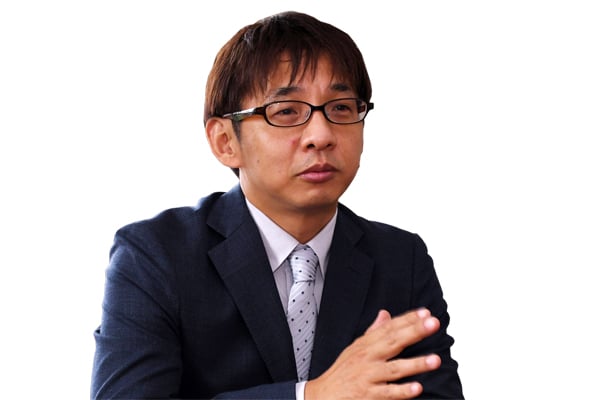We can restore our forest cover

Japanese government overseas aid agency, JICA, chief representative Uchiyama Takayuki. PHOTO/ Rachel Mabala
What you need to know:
‘‘Clean energy options like solar energy and biogas reduce carbon emissions.’’
Uganda is blessed with rich natural resources and ecosystems such as water, wetlands, forests, vegetation and air.
The country has a magnetic effect on anyone who comes in and gets the chance to experience its beauty and nature, reason as to why it is quite easy for many to find their feet.
However, forests, wetlands and other natural resources have in recent years seen high levels of degradation due to a number of livelihood factors.
For instance, in West Nile Sub-region, there’s rapid deforestation because the region has trees suitable for charcoal production.
According to data from National Forestry Authority (NFA) on Forest/Non-Forest cover, West Nile Sub-region shows loss of forest cover from 4,698 km2 in 2000 as compared to 1,404 km2 in 2017.
With Uganda’s open-door policy, refugees and host communities depend on the same natural resources for a livelihood.
A survey conducted by JICA in May 2021 covering 336 households in West Nile region, including both refugee affected districts and host communities, showed that residents largely depend on wood and charcoal for energy.
It is important to note that the deforestation trends were noticeable even before the influx of refugees.
According to the NDP III Forest and Natural Resources Management, the main deforestation driver is attributed to firewood/charcoal use for cooking along with other auxiliary drivers such as an expansion of agricultural land, sporadic urbanisation, poverty, industrialisation, and inadequate incentives for the private plantation of forests.
It is therefore necessary to address appropriately these deforestation drivers and reduce the pressure on forests and natural resources. This will reduce pressure on forests and natural resources in both the settlement and host community and minimise competition for resources.
Approaches such as increased supply by woodlot development and agro forestry increased supply of fruit trees for homestead planting, reducing the amount used by dissemination of energy-saving stoves and improved charcoal production technology.
We need to consider adopting alternative sources of energy not just for the refugee settlements and hosting areas but also nationwide. Clean energy options like solar energy and biogas reduce carbon emissions.
That said, Uganda isn’t the only country facing deforestation. Japan for instance lost 18.6Kha of natural forest cover in 2021, equivalent to 8.96Mt of carbon emissions.
However, the difference between Uganda and Japan is; despite its urbanization, Japan’s forest area covers 67 percent of its total land area, and because of its mountainous nature, a huge part is still composed of beautiful primitive and secondary forests.
Therefore, I encourage the government of Uganda and humanitarian organizations to consider sustainable environmental conservation factors along with livelihoods improvement when resettling forced immigrants.
It goes without saying that the existing penalties and enforcement mechanisms are inadequate to address the increasing impunity on natural resources encroachment.
Environmental conservation should be everyone’s responsibility. We can all pitch in to manage tree cover sustainably by protecting them, enforcing restoration by planting more trees (afforestation and reforestation) and increasing efforts to reduce degradation.
Tomorrow, the world will commemorate World Environment Day under the global theme ‘Only One Earth’ as a call to protect and conserve the environment. If we all heed this call, the earth will have all of us to thank.
Mr Uchiyama Takayuki, chief representative, JICA Uganda Office




